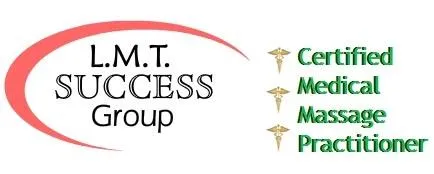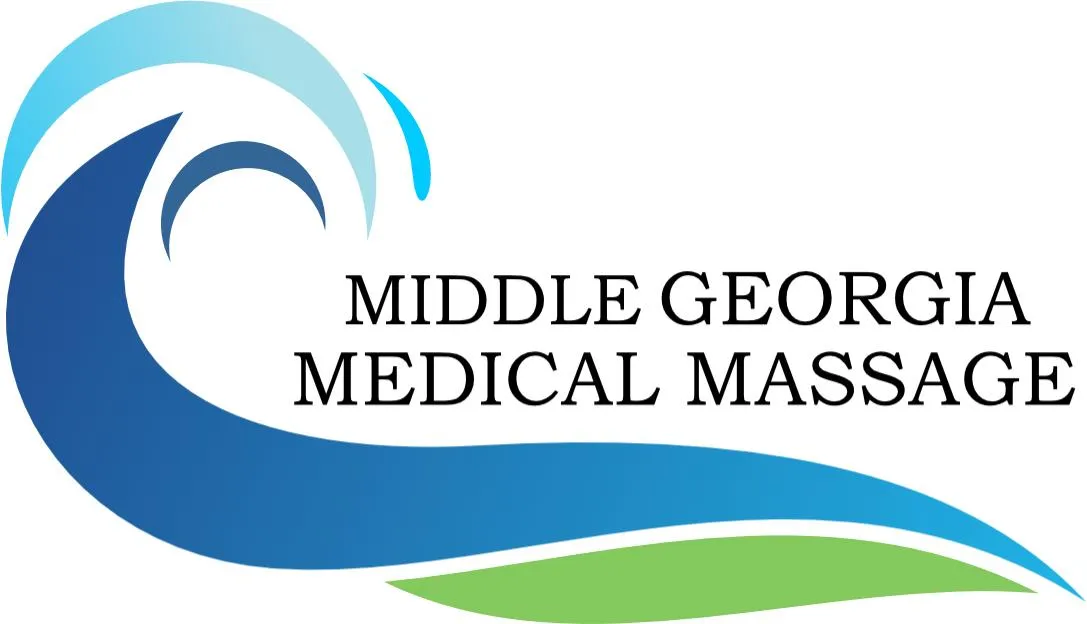Prenatal & Pregnancy Massage
While pregnant, a woman’s body experiences many changes to accommodate for gestation and delivery of a baby. These changes are both physical and hormonal.
There are many studies that indicate that massage therapy received during pregnancy can have beneficial effects for the mother and baby. Massage can help reduce anxiety and decrease symptoms of depression associated with pregnancy. Prenatal Massage can relieve many of the muscle aches and joint pains felt during pregnancy. The main goal of Prenatal Massage is to relax muscular tension, relieve pain and to improve the blood circulation and lymphatic flow. Some of the other benefits of prenatal massage are:
Lowered anxiety
Decreased back and leg pain
Improved sleep
Decreased levels of the stress hormone norepinephrine
Increased levels of the “feel-good hormones” serotonin and dopamine
Decreased levels of the “stress hormone” cortisol
An overall improvement in mood
Boosts the immune system to fight off viruses
During a normal, healthy pregnancy, massage can be very beneficial in promoting relaxation, soothing nerves and relieving strained back and leg muscles. There are certain conditions, such as pre-eclampsia, where massage is contraindicated. A complete Client Intake form is filled out at the beginning the first massage and reviewed at the beginning of every massage thereafter. Any concerns that are brought up that reveal a contraindication will require a note from the client’s medical doctor before proceeding with the massage. The National Center for Complementary and Alternative Medicine advises all pregnant women to consult with their doctor before beginning a massage program.
Is there any reason that I can’t get a massage while I am pregnant?
Yes…….and No.
During a normal pregnancy there isn’t any reason that you cannot get a massage anytime. However, there are several really important conditions that massage can potentially interfere with during pregnancy. The SAFEST option is to proceed with the massage ONLY when there is a written release from the patient’s doctor. Below are the recommended guidelines that should be followed when determining if a written release is needed or advised. I always err on the side of caution and require a note for all 21 of the following conditions:
High Risk Pregnancies
Do not proceed without written release of physician.
Diabetic Mother
Cardiac Disorders- heart disease
Chronic Hypertension
Previous Problem in Pregnancy – previous miscarriage
Mothers under 20 or over 35
Asthmatic Mother
Suspected RH Negative Mother or other genetic problems
Drug addictions or exposure to drugs
Previous multiple births
Proceed With Caution (Physician’s Release Advised)
Incompetent cervix
Complications due to DES used during pregnancy
Lung or live disorderSevere anemia
Convulsive disorders
Abnormal Fetal Heartbeat
Decrease or absence of fetal movement
Interuterine growth retardation
Lupus Erythematosus
Poor lifestyle habits (drug abuse, poor nutrition, smoking, alcohol consumption)
Low weight gain
No prenatal care
Warning Signs of High Risk Factors
Possible Miscarriage – bloody discharge, continual abdominal pains, sudden gush of water or leakage of amniotic fluid
Urinary Tract Infections – very frequent urination with burning, low back pain increase in thirst and decrease in urination, chills and fever with 100 degree temperature or higher
Pre-eclampsia – (toxemia of pregnancy – if neglected or not treated properly may develop true eclampsia) Sudden rapid weight gain, systemic edema, increased blood pressure (hypertension), protein in urine, increased headaches
Eclampsia (Toxemia) Emergency situation-refer to physician immediately– Develops in 1 out of 200 patients with pre-eclampsia; persistent severe headaches; persistent severe back pain unrelieved by change of position; severe nausea/vomiting; systemic edema; pitted edema, increased blood pressure; visual disturbances; convulsions.
Gestational Diabetes – excessive hunger and thirst; increased urination in 2nd trimester; sugar in urine, no non-pregnant diabetes
Other conditions – thrombophlebitis; systemic infections; skin irritations; varicose veins; kidney disease; heart disease; cancer; acute injuries such as burns, bleeding, fractures
Contraindications for Massage
Abdominal massage totally contraindicated for 1st trimester and limited to effleurage for remainder
Gymnastics/ ROM – do not do movements when nausea present; or when symphysis pubis separates ( 2nd trimester)
Pressure point around ankles and Achilles tendon should be avoided; pressure point between thumb and finger should be avoided
Swedish stokes that affect circulation should not be used in the 3rd trimester if the client has a heart condition
Tapotement contraindicated on the legs because of the increased danger of blood clots during pregnancy
The information contained on this site herein is for educational purposes only and is not meant for diagnosis or treatment. Any information found on this site herein should be discussed with a health care professional. Use of this information should be done in accordance with the health care plan outlined by your health care professional. For specific medical advice, diagnosis and treatment, consult your doctor.
TYPES OF MASSAGE
CONDITIONS TREATED
Frozen Shoulder
Cervical Strain
Torticolis
Whiplash
Lumbago
TMJD
Plantar Fasciitis
Tennis/Golfers Elbow
Fibromyalgia
Arthritis
Strain/Sprain
Scoliosis/Kyphosis/Lordosis
CONDITIONS TREATED
Frozen Shoulder
Cervical Strain
Torticolis
Whiplash
Lumbago
TMJD
Plantar Fasciitis
Tennis/Golfers Elbow
Fibromyalgia
Arthritis
Strain/Sprain
Scoliosis/Kyphosis/Lordosis


Sandy Chase, LMT, MMP - Lic. # MT003469
Copyright © 2026 Middle Georgia Medical Massage LLC, All Rights Reserved · 2134 Georgia HWY 18 East · Macon, GA · 31217
Sandy Chase, LMT, MMP - Lic. # MT003469
Copyright © 2026
Middle Georgia Medical Massage, All Rights Reserved
2134 Georgia HWY 18 East · Macon, GA · 31217
The information contained on this site herein is for educational purposes only and is not meant for diagnosis or treatment. Any information found on this site should be discussed with a health care professional. Use of this information should be done in accordance with the health care plan outlined by your health care professional. For specific medical advice, diagnosis and treatment, consult your doctor.
